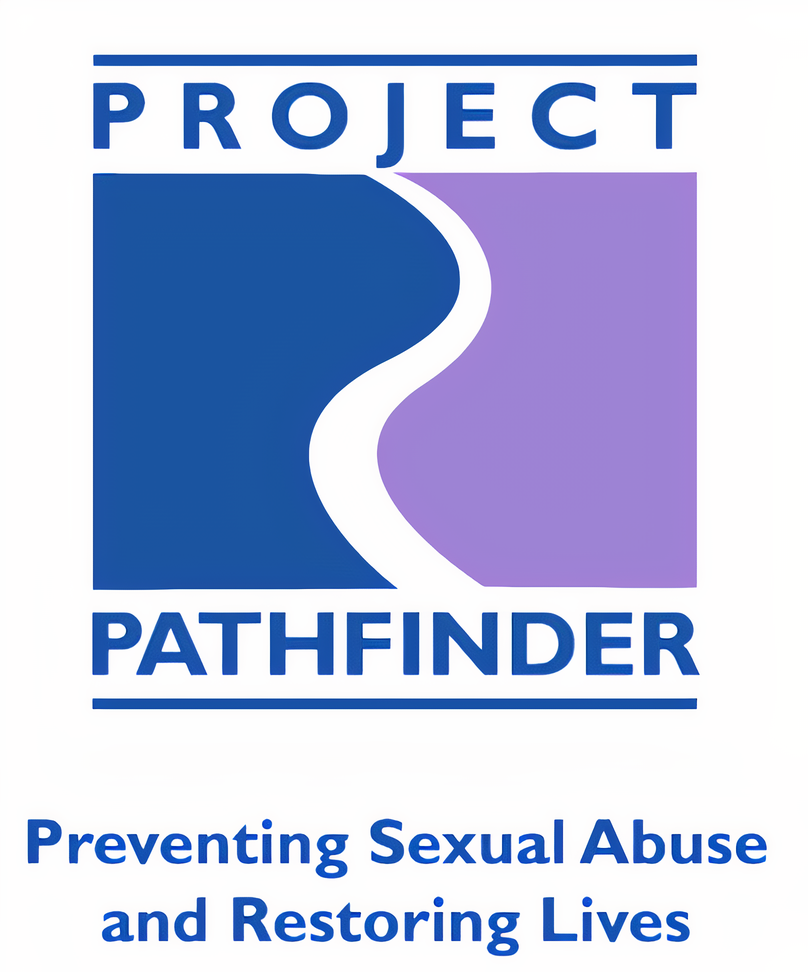GIVE
JOIN US IN WORKING TOWARDS A WORLD FREE OF SEXUAL VIOLENCE & ABUSE.
Treatment works. Your donation goes straight to ensuring that people seeking treatment have what they need to receive effective services that reduce recidivism, as well as supports program and resource development to increase the impact of our mission.
What your donation can do

Funds a sponsor training, an individual therapy session, a group therapy session, as well as family therapy session.

Funds two months of client co-pays when clients are underemployed or unemployed or two sponsor trainings.

Funds a polygraph test for a client or pay for a month of client co-pays when clients are underemployed or unemployed.

Funds program development via staff training and resource development, such as sending two PPI staff to attend a training to enhance skills and knowledge.
Make treatment possible.
Testimonials
“Thank you for giving me the opportunity to change, talk, and re-think about what I did wrong. Everyone was so supportive and helpful. All I can say is thank you!”
PPI Client
“The support staff were very non-judgmental. I had a lot of shame and it was hard for me to approach them. After awhile I realized they are here to help, so I relaxed.”
PPI Client
“When I started, I was an arrogant, dumb know-it-all, and didn’t care. Here, I learned how to handle anger, how to communicate, and how to care about people.”
PPI Client
“I was at PPI a long time. I really appreciate the therapists who said, ‘I’m not going to give up on you.”
PPI Client
We prevent sexual violence.
We are mental health professional who work with clients to develop effective behavior management skills and resolve underlying issues that allowed the offense to happen in the first place and prevent future offenses.
Sex Offender Treatment
Offering services in 7 locations throughout Minnesota.
Telehealth Services
We offer telehealth services to provide services regardless of location.
Private Counseling Services
Individual, Couples, and Family Therapy services available.
Assessments & Evaluations
Psychological testing and psychosexual evaluation services.
Project Pathfinder, Inc.
1989
Project Pathfinder started as an adult sexual behavior treatment program at HealthEast.
1992
Project Pathfinder became an independent nonprofit.
Today
We are one of the largest nonprofit organizations in Minnesota that provides a full spectrum of prevention programming, including community education, as well as treatment of individuals with sexual offense(s) in order to assist them in recognizing and addressing unhealthy behaviors so they learn to live honorable and decent lives.
Popular Questions
Yes. People can and do learn to change behavior with specialized treatment. There are treatment programs, including those offered at Project Pathfinder, that help people change their abusive behaviors and learn how to live healthy and safe lives.
All programs vary but generally, the goals of treatment require a change in abusive and dysfunctional behavior, attitudes that support abuse, values that allow abuse, relationship dysfunction, and underlying factors such as low self-esteem, mood disturbance or chemical dependency.
No; however, based on self-reports, it is estimated that 20-30% were sexually abused themselves (Hanson & Slater, 1988).
